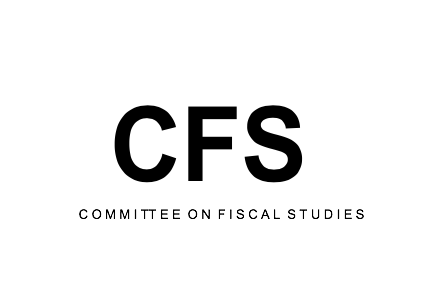
This special issue is dedicated to the work of the UN Independent Expert on Foreign Debt and Human Rights. It focuses on increasing transparency, clarity and participation in fiscal policymaking related to debt and to examine the impact on financing progress towards the achievement of human rights. The African revenue generation and budget cycle which has been modelled along the colonial version of a tax system for Africa is not effective to secure redistribution towards social spending and has shown vulnerability to external erosion of the tax base. This has resulted in a low taxable base, a ‘race to the bottom’, rising debt, structural inequalities undermining access to public resources by the poor and communities facing continuous discrimination. It has distorted redistribution that directs development away from grassroots levels and progress towards the achievement of human rights. It has also engineered the lack of equal bargaining power within the international financial architecture where the fiscal system of Africa is conditioned to support the fiscal systems of the advanced economies. This special issue is funded by OSIEA under Grant ID: OR2021-83193 on “To Support Training on Debt and Human Rights to Increase Participation in Fiscal Policy and Research”
Special Issue Editor:
Lyla Latif


